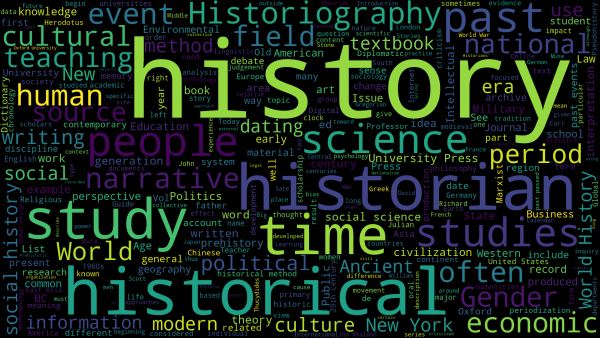History at HHS: keeping the past alive

Across the United States, debates have been made about how history should be taught in schools. Various groups have become increasingly vocal about whether lessons should cover topics like slavery or the Holocaust. While Homestead may not be currently facing much criticism regarding its history classes, schools like it have been criticized for their lessons about certain topics.
Nicholas Schueller, US History and AP US History teacher, said, “the biggest benefit is that we have an amazing student body with many different perspectives. When we get those perspectives in a room, the students are able to benefit from that communal experience of looking at the world together.”
Schueller has taught history for thirteen years. In his classes, Schueller tries to avoid quizzing students on memorized facts or dates. Rather, Schueller puts a human face to historical events so that students can better understand and relate to America’s past.
“I think it’s important to learn history,” Lily Parrish, sophomore APUSH student, said. “We learn so that we don’t repeat mistakes people have made in the past.”
However, schools across the United States have followed a trend: growing concerns over what students learn in history classes. Individual states determine their own standards for history education. These movements occur all across America, though programs such as PragerU in Florida have received the most media attention in the past.
Florida Governor Ron DeSantis signed the Stop WOKE Act in 2022, a bill that limits race discussions, enforcing a curriculum that, Ana Goni-Lessan of USA Today said, “only identifies and recognizes racism and prejudice,” not exposing the full extent of racially-motivated violence of America’s past.
In addition, these programs similarly teach very little about the Holocaust, aligning with another trend: Holocaust denial. According to the United States Memorial Museum, Holocaust denial is “a phenomenon in which people believe the genocide of Jews did not happen or was exaggerated.” By omitting or limiting these topics in lessons, students are not informed about major events in history.
“I think that they underestimate how smart students are. You can’t trick them into thinking things about what they learn, especially history,” Schueller said. “I also think that it’s important to note that history is about perspectives and that no two people are going to have the same perspectives about a topic and that’s OK! I also am very against trying to avoid parts of our history because it is controversial or makes us look bad.”
“Even the smallest things can change the course of history,” Parrish said. “[APUSH] made me think more carefully about what I say or do. I now think about history every single day.”
Despite the progress that Homestead history classes and many others have made in creating an in-depth portrayal of the past, Schueller believes there are ways to improve. For example, he suggests the prospect of a three-trimester APUSH course, so that students can dive deeper into certain topics.
“We need to have a sense of the past to truly have a sense of who we are today,” Schueller said. “And then through that knowledge decide what kind of future we are going to build together.”
